Recovering Together
The Benefits Of Adopting A Companion Animal While In Addiction Recovery
“But who says your support system has to be humans-only?”
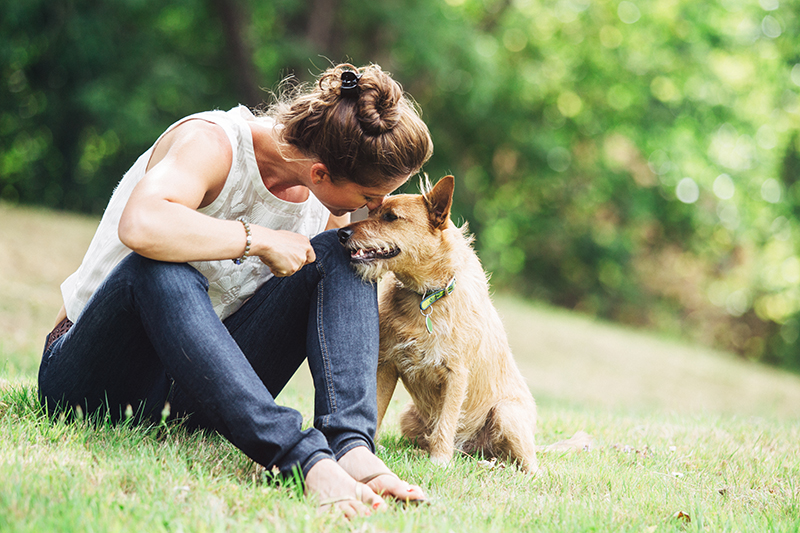
The Benefits Of A Companion Animal
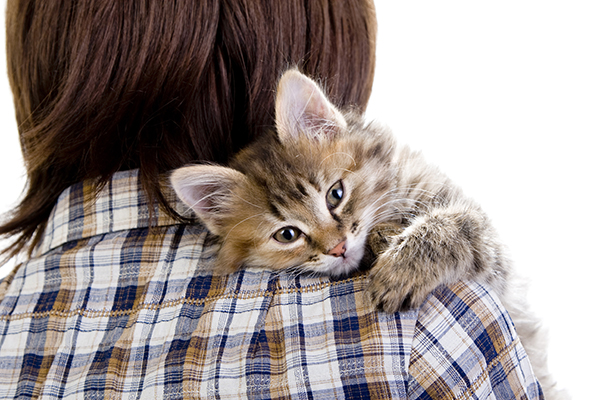

FOOD

WATER
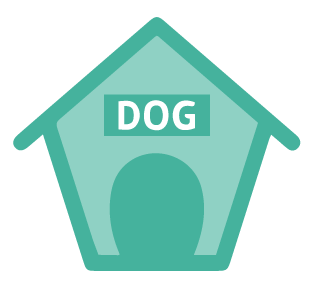
SHELTER
A Companion Animal Will Keep You Active
Learning To Socialize Again
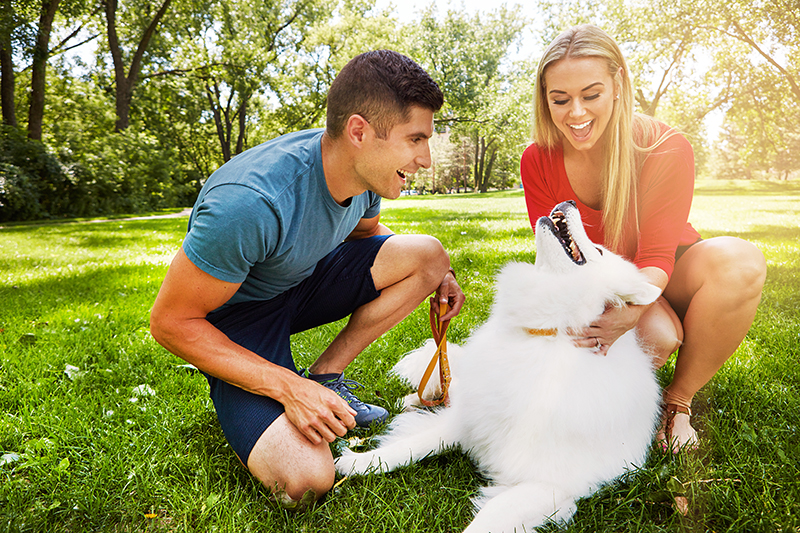

Indoor Pets
HELP BUILD COMMUNICATION SKILLS
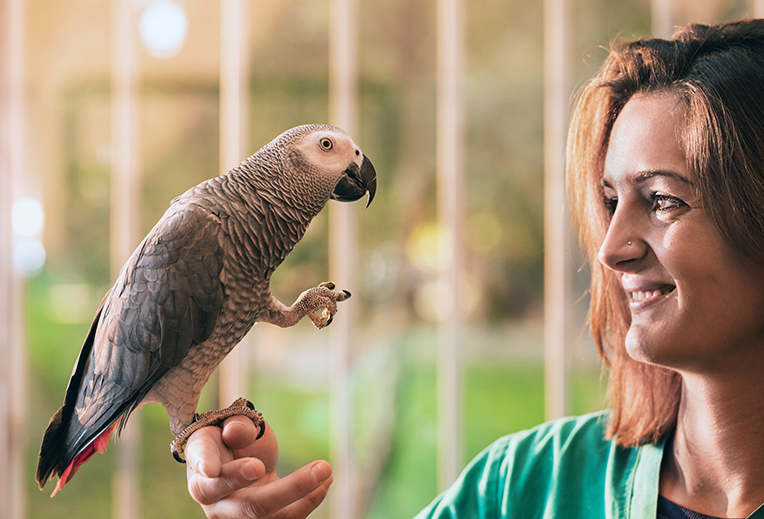
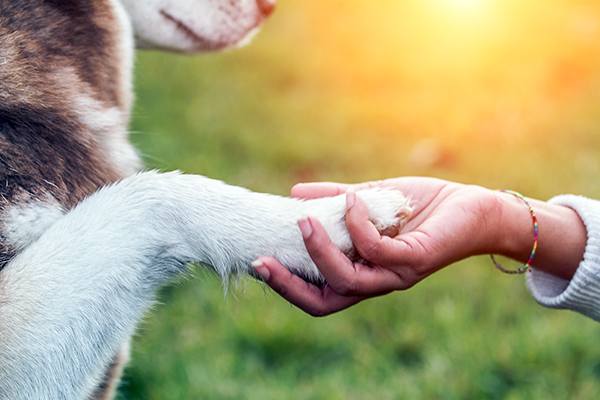
EMOTIONAL SUPPORT
EXCELLENT DISTRACTION
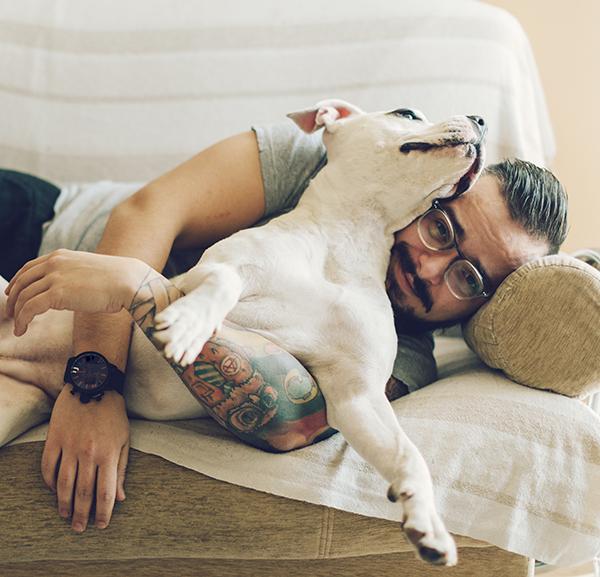
Finding The Right Pet At The Right Time
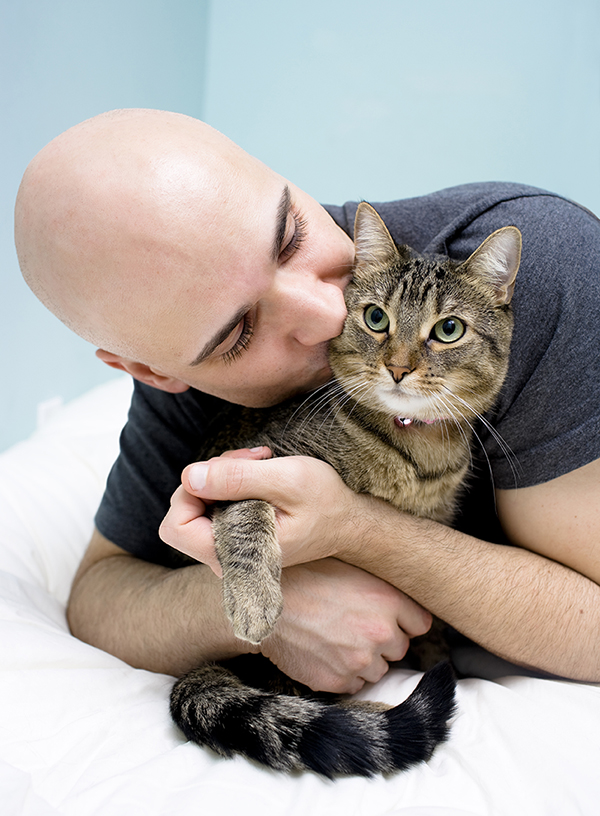
Consider Adopting A Rescue Animal
Companion Animals Can Provide Everlasting Support
Though it comes with plenty of challenges, going through addiction recovery with a companion animal also has its share of rewards. Having a companion animal to stand by you in the dark times and celebrate with you in the light might be one of the best choices you ever made — and you’ll have many years to make the most of it.
DrugRehab.org is a comprehensive resource that can help find treatment options that include a companion animal to help you find sobriety.
Contact us today, and get started on a better path towards hope and better health.

